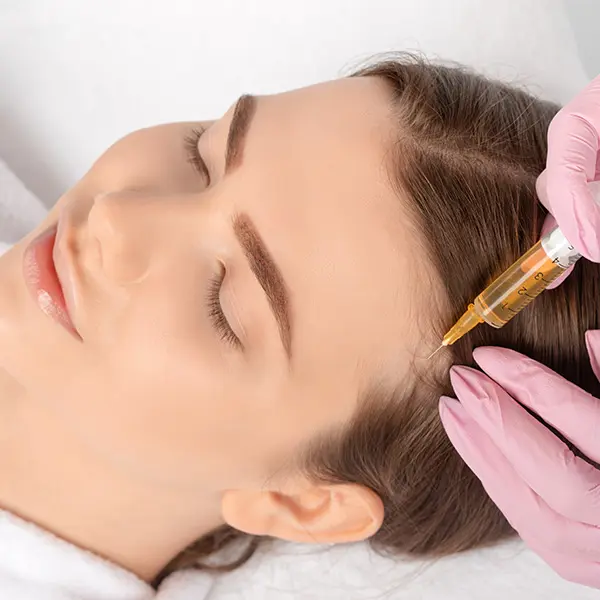
Education
Working Within Your Competency
Working within your competency and why how you represent yourself matters in an unregulated landscape
As a Specialist Registrar in Oral and Maxillofacial Surgery (OMFS) working within the NHS, I have followed a training pathway requiring dual qualifications in medicine and dentistry. I recently wrote an article in the PMFA Journal discussing this journey and the well-established specialist training pathways and structures in place to ensure safe patient care while promoting the development of trainee surgeons towards becoming consultants.
My own route to becoming a registrar in OMFS has been made even more complex by the fact that my journey is closely linked to my work in the unregulated field of non-surgical facial aesthetics.
Unlike the NHS, where training and expertise levels are well-defined and transparent, the aesthetic industry often lacks such structured guidance. This makes it challenging for both practitioners and patients to navigate the field and make informed decisions.
In this context, the way practitioners represent themselves becomes crucial. It’s vital to accurately present one’s skills, expertise, and titles in a clear and precise manner.
Misleading representations, especially in advertising or on social media, can cause confusion and potentially harm the public. The lack of clear regulation makes it all the more important for practitioners to be diligent and responsible in their self-representation.
Too often, we see the consequences of a poorly regulated aesthetics industry, and I feel strongly about pushing for stricter regulation, more formal training pathways and better patient education around facial aesthetic treatments.
This is why a key focus of my work in non-surgical aesthetics has always been promoting and introducing regulated, academically accredited training pathways for those wishing to enter the field.

Pushing for regulation: The Government consultation on licensing of non-surgical cosmetic procedures in England
On September 2, the Department of Health and Social Care initiated a consultation to explore how aesthetic procedures should be regulated.
The aim is to establish clear guidelines and frameworks to ensure patient safety and maintain a high standard of professionalism within the field.
Working within one’s area of competence emerges as a fundamental aspect emphasised in this consultation, and I strongly believe this is of paramount importance for patient safety, for your own safety and, beyond that, for your long-term success and reputation.
When practitioners work within their area of competence, they minimise risks associated with procedures and provide patients with the best possible care.
The need for proper registration and adherence to regulatory standards cannot be overstated. A well-defined registration process ensures that practitioners have the necessary qualifications and skills to perform specific procedures. This not only assures patients but also provides a clear framework for practitioners to follow, fostering an environment of professionalism and accountability.
Accessing the right training and surrounding oneself with the right support system are key elements in ensuring success and safety within the aesthetic field. Continuous education, skill development, and staying updated with industry standards are imperative. Equally important is the importance of a strong support network and the right peers who can provide guidance and assistance when needed.
The Government consultation on aesthetic regulation reinforces the critical need to work within our areas of competence for the sake of patient safety and professional success. Clarity and accuracy in self-representation, adherence to proper registration, and continuous education are essential aspects that can contribute to a safer and more reputable aesthetic industry.
The Consultation is open until October 28. You can have your say here.
Interface Aesthetics’ Level 7 Diploma in Injectables
You can find out more about Interface Aesthetics’ Level 7 Diploma in Injectables here.
